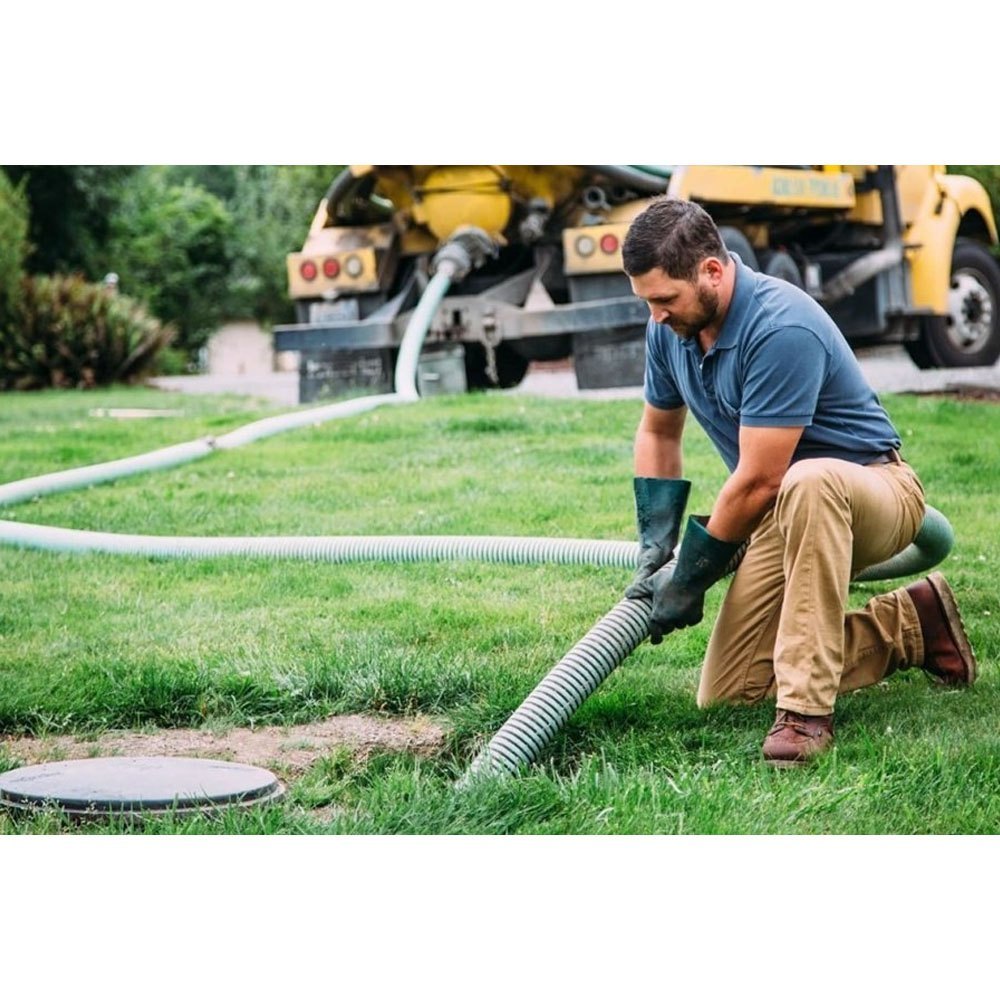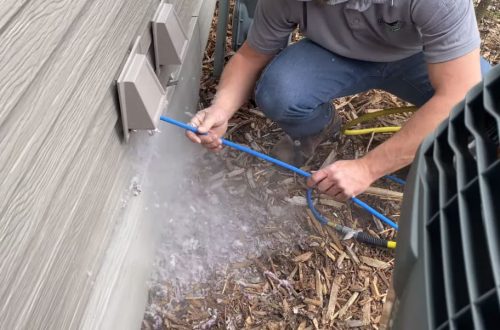
Ultimate Guide: Septic Tank Cleaning Tips
Table of Contents
Septic tanks are an essential part of any home’s plumbing system. They are responsible for collecting, treating, and disposing of wastewater from your household. However, without proper maintenance, septic tanks can become clogged, leading to unpleasant odors and even sewage backups. In this ultimate guide to septic tank cleaning tips, we will cover everything you need to know about maintaining your septic tank. From understanding what a septic tank is and how it works to preparing for a septic tank cleaning and tips for keeping it clean, we’ve got you covered. We’ll also provide maintenance tips to help extend the life of your septic tank and keep it working efficiently. With our guide in hand, you can rest easy knowing that your septic system is well taken care of.
What is a Septic Tank?
Understanding the purpose and function of a septic tank system is essential. It is a key component of a home’s wastewater treatment system, ensuring efficient and safe waste disposal. Regular inspection and pumping prevent issues and maintain functionality. Septic tanks are typically made of durable materials like concrete or fiberglass.
How to Prepare for Septic Tank Cleaning
When scheduling a septic tank cleaning, it is important to notify the professional cleaner about the location and accessibility of the tank. This will ensure a smooth and efficient cleaning process. Additionally, clearing any obstacles, such as furniture or vehicles, from the area surrounding the septic tank will provide easy access for the cleaner.
To maintain safety during the cleaning process, it is crucial to keep pets and children away from the septic tank area. This will help prevent any accidents or injuries.
Before the cleaning begins, it is recommended to check that all drains, toilets, and appliances connected to the septic system are in proper working condition. This will help identify any potential issues that may need attention.
Finally, it is important to follow any specific instructions provided by the septic tank cleaning service. They may have specific guidelines or recommendations to ensure the cleaning is done effectively.
By taking these steps to prepare for septic tank cleaning, you can ensure a thorough and efficient process that helps maintain the functionality of your septic system.
Tips for Cleaning a Septic Tank
When it comes to cleaning a septic tank, it’s crucial to hire a professional with expertise in the field. They have the knowledge and experience to ensure a thorough cleaning and proper disposal of waste. Regularly scheduling septic tank cleanings is also important to prevent buildup and potential problems. It’s essential to be cautious when using household chemicals and to avoid flushing non-biodegradable items down the toilet, as they can lead to clogs and damage to the system. During and after the septic tank cleaning, minimizing water use is necessary to prevent overwhelming the system. Additionally, considering septic tank additives or treatments recommended by professionals can help maintain its functionality.
Maintenance Tips for Your Septic Tank
Regularly checking your septic tank for any leaks, cracks, or damage is essential for its proper maintenance. Monitoring the scum and sludge levels will help you determine when it’s time to pump out the tank. To ensure the longevity of your septic system, avoid pouring grease, oil, coffee grounds, or any harmful substances down the drain. Implementing water-saving fixtures and practices will reduce the strain on the septic system, preventing potential issues. Lastly, establishing a service contract with a reputable septic tank maintenance company will provide you with regular inspections and professional assistance. Following these maintenance tips will keep your septic tank in optimal condition and avoid costly repairs.
What is a septic tank and how does it work?
A septic tank is an underground container that collects and treats wastewater from your home. Made of concrete, fiberglass, or plastic, it has two chambers. Solids settle at the bottom, forming sludge, while lighter materials float to the top as scum. The liquid between the layers flows into a drain field for further treatment.
How often should I get my septic tank cleaned?
Septic tank cleaning should be done every 3 to 5 years to prevent issues like backups and system failure. The frequency may vary based on factors like tank size, usage, and wastewater amount. Regular maintenance and inspections can help prolong the lifespan of your septic system.
Can I clean my septic tank myself or do I need to hire a professional?
While it is possible for homeowners to clean their own septic tank, it may not be recommended. Septic tank cleaning requires specialized equipment and knowledge of proper disposal procedures. Attempting to clean your septic tank without the necessary expertise could result in damage or contamination. Hiring a professional septic tank cleaning service can ensure that the job is done safely and effectively.
What are some signs that my septic tank needs to be cleaned?
Signs that your septic tank needs cleaning include slow draining sinks, foul odors from drains or near the system, lush green grass or standing water near the drainfield, and a lapse of 3-5 years since the last cleaning. Schedule maintenance to prevent potential issues.
What should I do if I suspect there is a problem with my septic system?
If you suspect a problem with your septic system, look out for signs like slow drains or sewage backups. Avoid using water and plumbing until the issue is resolved. Call a professional septic service to inspect and diagnose the problem. Regular maintenance and inspections can help prevent problems before they occur.
Regular septic tank cleaning is essential for maintaining a hygienic and functional sewage system. Neglecting this task can lead to costly repairs and potential health hazards. To ensure effective cleaning, it is important to prepare beforehand by locating your septic tank, understanding its layout, and ensuring access for the cleaning equipment. When it comes to the actual cleaning process, it is recommended to hire professional services that have the necessary expertise and equipment to safely and thoroughly clean your septic tank. Additionally, following maintenance tips such as conserving water, avoiding harsh chemicals, and getting regular inspections can help prolong the life of your septic tank and prevent costly repairs in the long run. Remember, proper septic tank cleaning and maintenance are crucial for a healthy and functioning sewage system.





